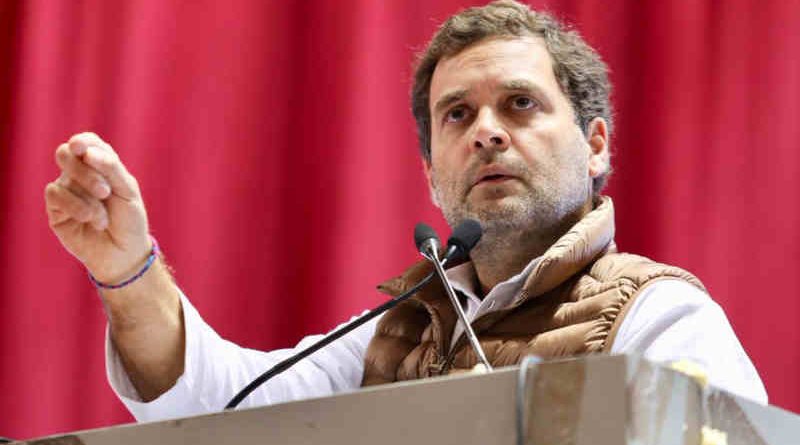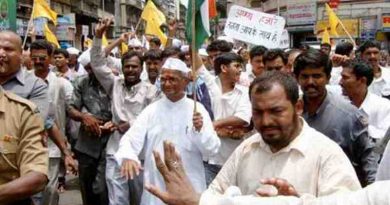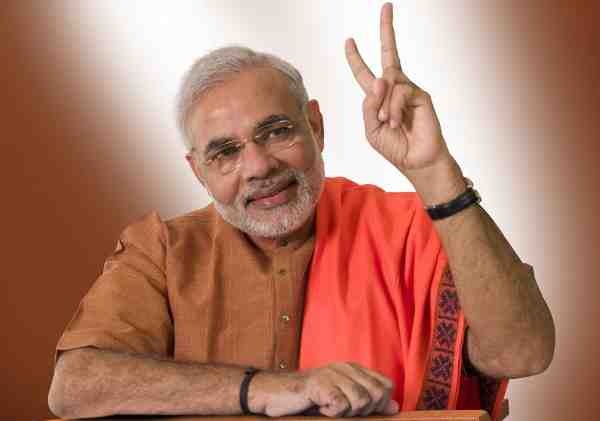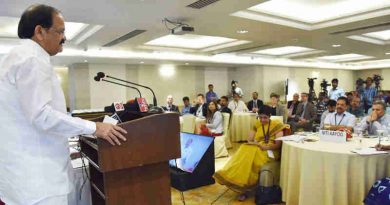Who Will Become the Prime Minister: Narendra Modi or Rahul Gandhi?
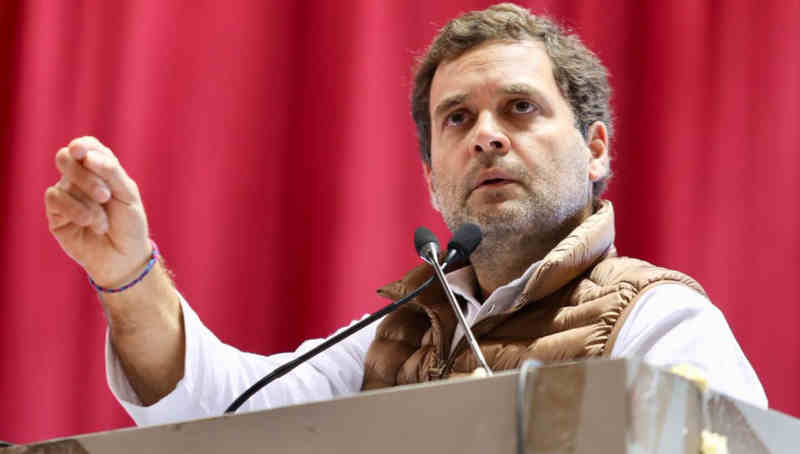
The integrated group of politicians and domain experts – say, the Supreme Council – will jointly take all the decisions in an open, democratic manner.
By Rakesh Raman
Even after 70 years of its independence, India continues to be an underdeveloped country. The main reason for India’s sluggish progress has been the incompetence of the political class.
Most politicians in India are uneducated or they do not possess the domain expertise of different departments that they are supposed to manage. While ministers are dumb, they are excessively dependent on bureaucrats to handle the routine clerical work.
But bureaucrats are mostly corrupt and they also lack competence to provide the right governance to the Indian citizens who have been living in miserable conditions for the past over 7 decades.
Now it is being observed that India has become a kakistocracy where the government is under the control of the worst, least qualified, and most unscrupulous people.
| Troubling Facts and Figures |
| – World’s top magazine The Economist says “a penchant for criminality is an electoral asset in India.” The magazine has published data about the political success of India’s “accused murderers, blackmailers, thieves, and kidnappers,” saying that 34% of India’s members of parliament (MPs) in the Lok Sabha have criminal charges filed against them.
– A report by political think-tank Association for Democratic Reforms (ADR) and National Election Watch (NEW) reveals that 31% ministers in Prime Minister Narendra Modi’s government have declared criminal cases (such as murder, attempt to murder, kidnapping and crimes against women) against them. – The 2018 Corruption Perceptions Index (CPI) released by Transparency International reveals that India is among the most corrupt countries of the world. – Most anti-corruption institutions such as the Central Vigilance Commission (CVC), Central Bureau of Investigation (CBI), and the Supreme Court of India exist as toothless outfits that have repeatedly failed to handle serious crime and corruption cases. – The Global Slavery Index reveals that India has the maximum number of slaves with 18.35 million people, including men, women, and children, living in some form of slavery. – A new AirVisual report, which covered 3,000 cities of the world, has revealed that Gurugram (a.k.a. Gurgaon), a suburb of the Indian capital New Delhi, is the most polluted city of the world while 22 of the top 30 polluted cities are in India. – In World Bank’s Human Capital Index released in October 2018, India’s rank at 115 is worse than Bangladesh, Nepal, Myanmar, and Haiti. – The global hunger index (GHI) report released by Washington-based International Food Policy Research Institute (IFPRI) has placed India at No. 100 among 119 developing countries. India’s 2017 GHI score is at the high end of the serious category. – According to World Food Programme, hunger is so severe in India that a quarter of all undernourished people worldwide live in this country. – According to the World Bank, nearly 300 million people (about 25% of India’s population) are so poor that they live on less than $1.25 per day. – Over 300 million Indians, which is about 25% of India’s population, have no access to electricity. – According to the Inclusive Development Index (IDI), which measures the economic performance of a country and replaces GDP, India is ranked at a very low position of 62. – As India’s human development index (HDI) – which indicates the level of skills in a country – staggers at a dismal rank of 130 in the world – there is hardly any workforce in the country that is employable in any professional job. – Out of nearly 500 million workers in India, over 94% work in unorganized sector as pushcart vendors, street hawkers, domestic servants, and so on. This means the education systems in India are so bad that they are not producing workforce employable for respectable jobs in the organized enterprises. – Despite a lot of noise about Bollywood films in India, none of them could ever win the Oscar award. – In the past four Olympics (2004, 2008, 2012, 2016), India sent 330 athletes who could win only 12 medals including only one gold medal. – When the developed countries are embracing new employment models based on artificial intelligence (AI), the naive Indian politicians want Indian youth to become Pakora sellers, barbers, and carpenters. |
New Governance Model
The facts and figures given above show that no politician and no government in India could achieve even the lowest level of socio-economic development for the country and India is still staggering at the bottom of the pyramid.
If now India wants to join the comity of developing nations, the country must completely change its political processes and governance models. At present, there is no political leader in India who has the ability to lead the country as its prime minister (PM) or head of the country.
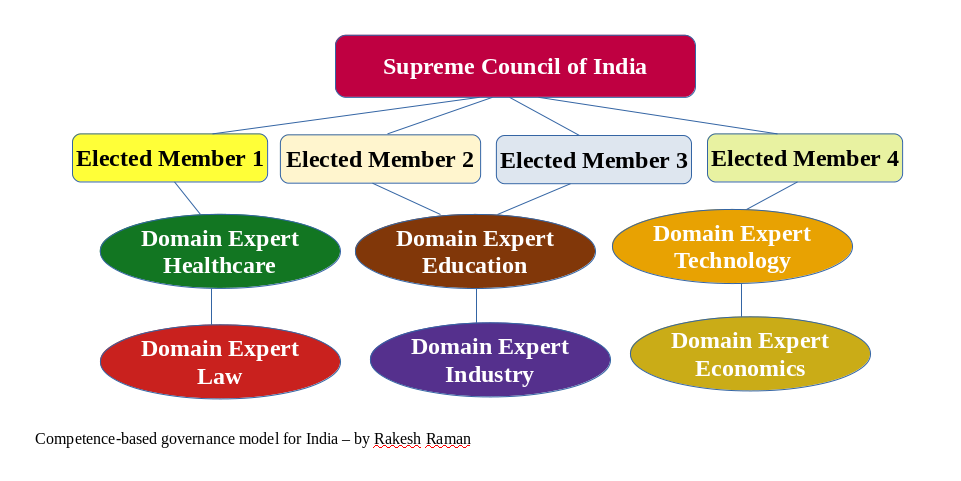
The existing governance model, therefore, needs to be overhauled to form a flatter government which will have a group of elected leaders at the same level instead of one person as the PM. While these leaders will not be in a position to provide the modern-day governance because of their naivety, they will be supported by domain experts in fields such as healthcare, education, technology, law, industry, economics, finance, and so on.
The integrated group of politicians and domain experts – say, the Supreme Council – will jointly take all the decisions in an open, democratic manner. They will be fully responsible for their decisions. Domain experts will have proven record of their work at the global level.
After implementing this model, the posts of President and Vice President of India can be terminated because they are a huge liability on the people of India. They are handpicked arbitrarily for these positions by the leader of the ruling party which attains power through a flawed electoral process.
Both President and Vice President are not qualified for the jobs and they squander public money as they keep roaming aimlessly in different parts of the world or keep attending useless award ceremonies. They have no role in the development of the country.
The new competence-based governance model will help ensure decentralization of powers to change the existing despotic system in which the powers are centralized and just one person – the prime minister – can bypass the parliament and take extreme decisions.
The same model can be replicated in different states of India.
By Rakesh Raman, who is a national award-winning journalist and social activist. He is the founder of a humanitarian organization RMN Foundation which is working in diverse areas to help the disadvantaged and distressed people in the society. He also creates and publishes a number of digital publications on different subjects.

